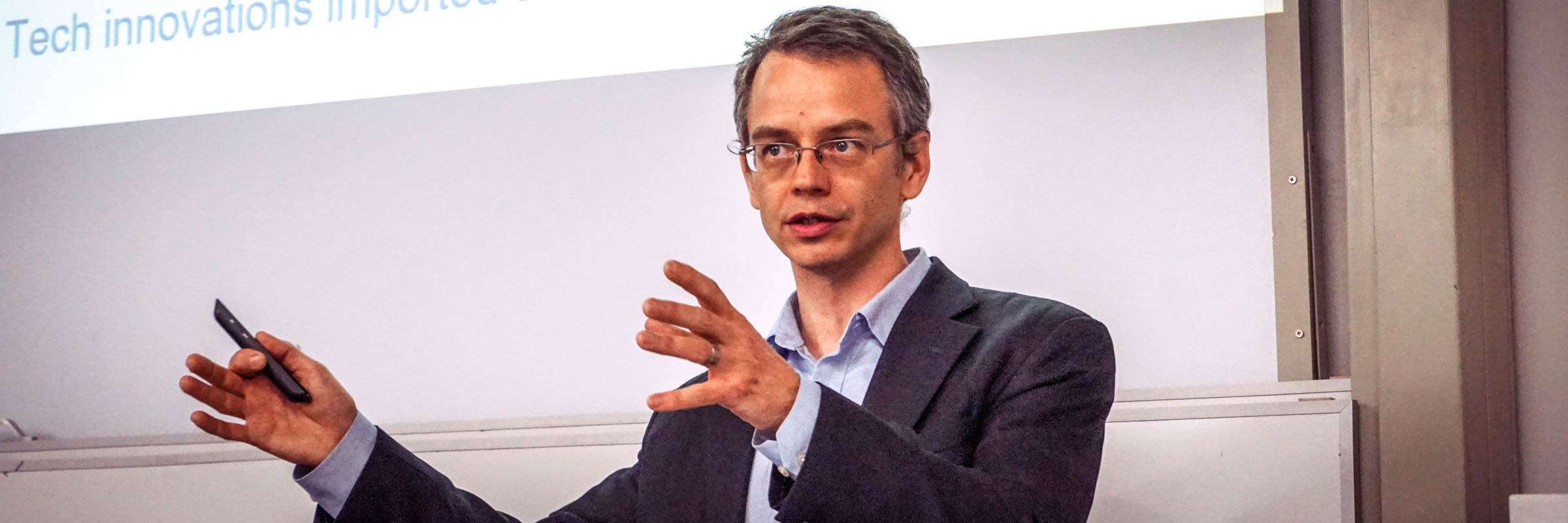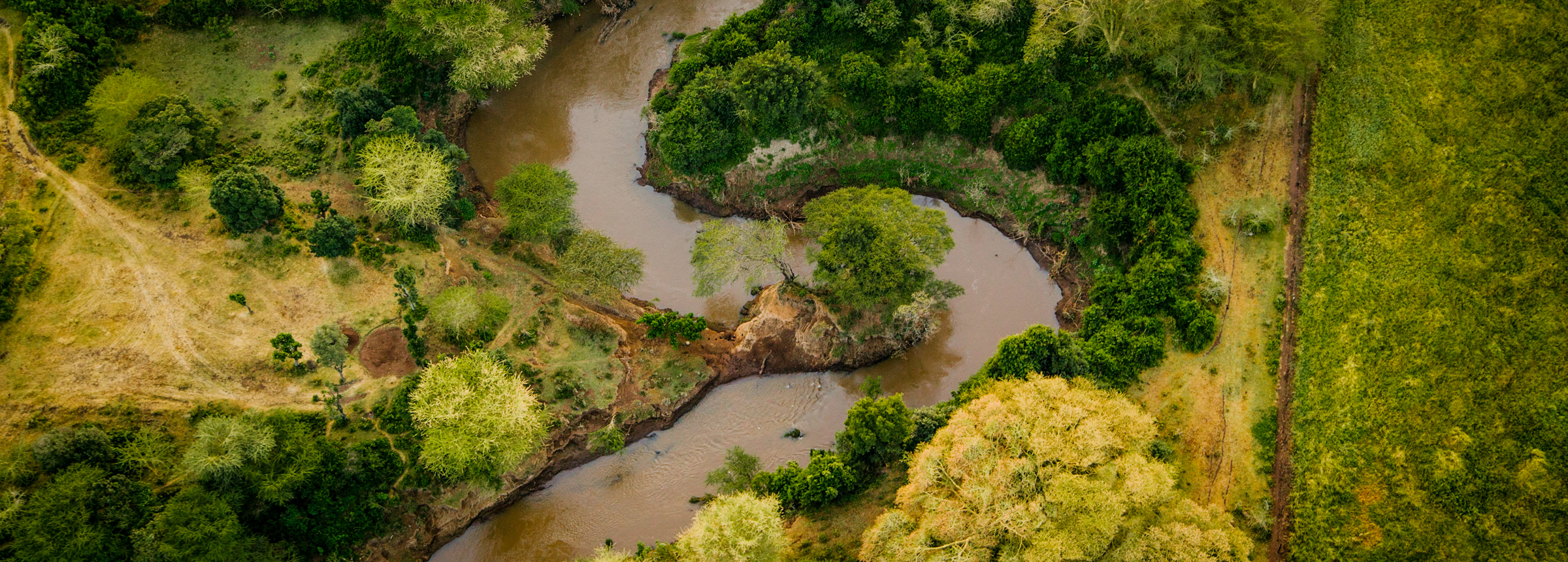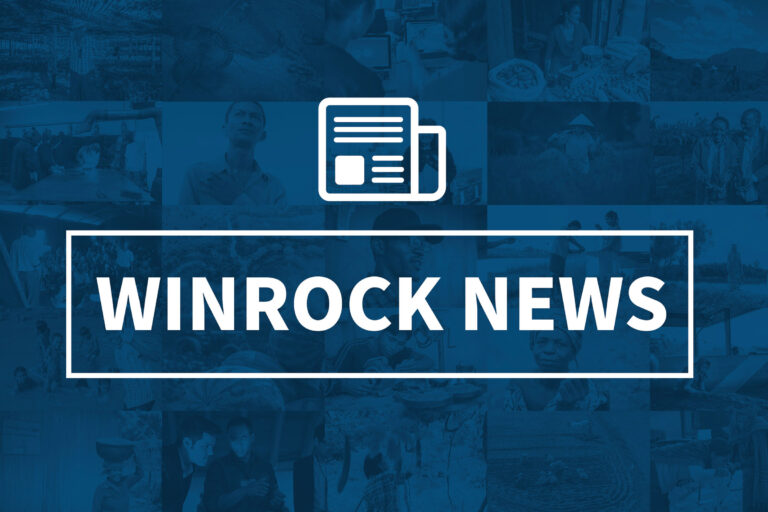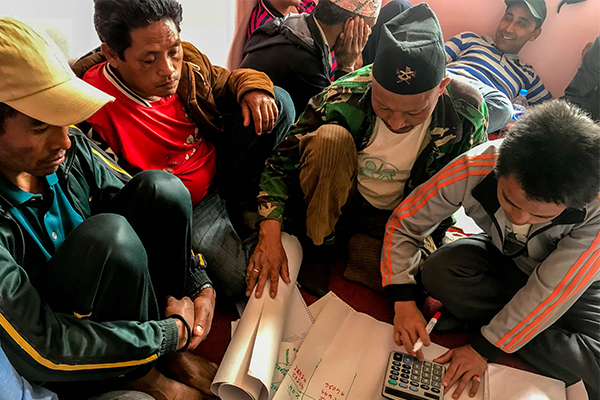July 2018

Examining Climate Information Services from Production to Uptake
July 31, 2018
By Abby Love, Fatema Rajabali and Robert O’Sullivan In June, the fifth international climate change adaptation conference, Adaptation Futures, was held in Africa, a first for the conference series. Around 1,200 people attended Adaptation Futures in Cape Town with a program that reflected the growing emphasis on climate information services (CIS) in the adaptation community. […]
SWP at World Water Week
July 27, 2018
The USAID-funded Sustainable Water Partnership (SWP) will participate in a sofa session at World Water Week (August 26-31) in Stockholm, Sweden. This global annual conference, organized by Stockholm International Water Institute (SIWI), acts as a focal point for water experts, decision-makers, businesses and thought leaders concerned with water issues. This year’s theme is “Water, Ecosystems and […]
Providing Low-Income Customers with Life-Improving Products
July 26, 2018
By Katie Gross and Evgenia Sokolova When Lilian first saw the modern charcoal stove for sale through a local retailer in her town of Kiserian, Kenya, she admired the product. But with only 1,000 shillings (USD $10) in her pocket, she couldn’t afford to pay for the $40 stove outright. School fees were a struggle […]
Winrock Forward
July 17, 2018
Winrock President and CEO Rodney Ferguson outlines his vision for creating maximum impact. Interview by Chris Warren As the President and CEO of a development organization with projects in the U.S. and around the world, Rodney Ferguson often carves out reading time while on airplanes. On a recent trip from his home base in Washington, […]
In Nepal, Macro Lessons for Micro-Hydro
July 13, 2018
Winrock International has a long history of work in Nepal’s micro-hydro industry, and that legacy was much in evidence in a series of learning and sharing workshops put on by Sharing Learning Across Projects: Operating Micro Hydro (MHPs) as Commercially Viable Enterprises, a clean energy project in Nepal. The project is financially supported by WISIONS […]